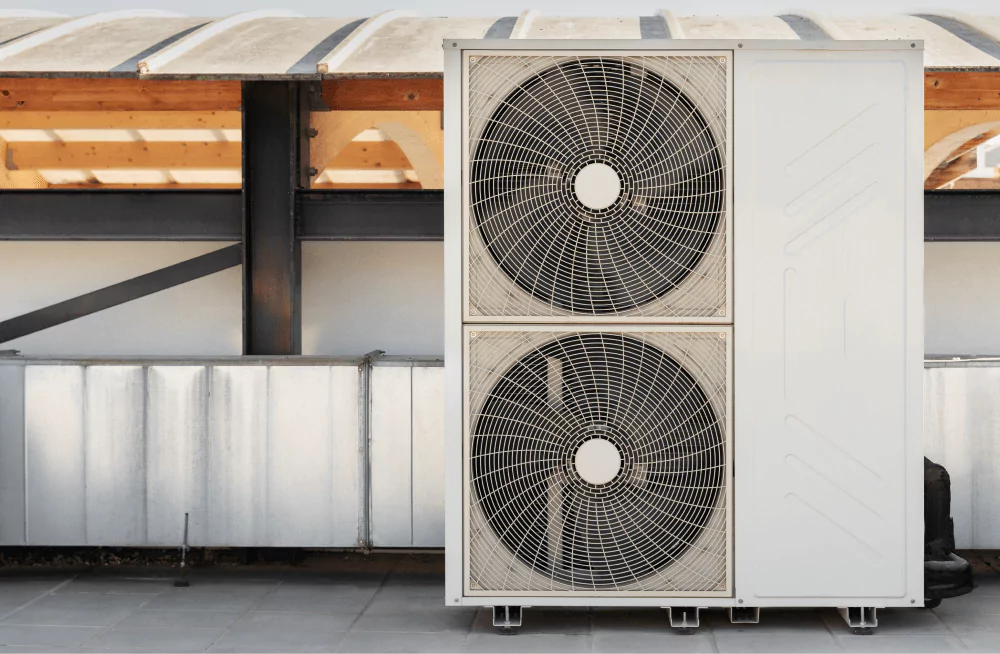
In the intricate machinery of your air conditioning system, refrigerant plays a silent yet crucial role in maintaining a cool and comfortable indoor environment. However, when this vital substance begins to escape through unnoticed leaks, it poses a threat to both the efficiency and longevity of your AC unit. In this blog post, we’ll delve into the stealthy menace of refrigerant leaks, exploring their causes, warning signs, and the importance of swift action to safeguard your cooling system.
Understanding the Role of Refrigerant
Refrigerant is the lifeblood of your AC system, responsible for absorbing and releasing heat to facilitate the cooling process. In a closed-loop system, the same refrigerant circulates repeatedly, making its efficiency crucial for optimal AC performance. Any deviation from the designed levels can disrupt this delicate balance.
Common Causes of Refrigerant Leaks
Refrigerant leaks can occur due to various factors, including:
- Corrosion of copper tubing
- Wear and tear on joints and connections
- Vibrations leading to mechanical stress
- Poor installation practices
- Manufacturing defects
Understanding these potential causes is essential for implementing preventive measures and addressing issues promptly.
The Silent Menace: Warning Signs of Refrigerant Leaks
Identifying refrigerant leaks early is vital for preventing extensive damage. Watch out for these warning signs:
- Reduced cooling efficiency
- Unusual hissing or bubbling sounds
- Ice buildup on the evaporator coil
- Elevated energy bills without a corresponding increase in usage
- Persistent warm spots in your home
If you observe any of these signs, it’s imperative to schedule a professional inspection to pinpoint and address potential refrigerant leaks.
Impact on AC System Efficiency
Refrigerant leaks can severely compromise the efficiency of your AC system. As refrigerant levels decline, the unit must work harder to achieve the desired temperature, leading to increased energy consumption. This inefficiency not only elevates utility bills but also places additional stress on the entire cooling system.
Long-Term Consequences
Ignoring refrigerant leaks can have long-term consequences, including:
- Reduced cooling capacity
- Increased wear on the compressor
- Risk of compressor failure
- Decreased lifespan of the AC system
- Escalated repair costs
Addressing refrigerant leaks promptly is essential to mitigate these potential issues and ensure the longevity of your AC unit.
Professional Inspection and Repair
Given the complexity of refrigerant systems, detecting and repairing leaks requires the expertise of HVAC professionals. They utilize specialized equipment to identify leaks, assess the extent of the damage, and implement appropriate repairs. Attempting DIY solutions can lead to further complications and potentially void warranties.
Preventive Measures to Minimize Leaks
Implementing preventive measures can help minimize the risk of refrigerant leaks:
- Regular professional maintenance to check for wear and tear
- Prompt repair of any identified issues
- Proper installation practices
- Routine inspections for signs of corrosion or damage
- Timely replacement of aging components
A proactive approach to maintenance goes a long way in preserving the integrity of your AC system.
Environmental Impact
Beyond the immediate effects on your AC system, refrigerant leaks contribute to environmental concerns. Many refrigerants have a high Global Warming Potential (GWP), meaning they can significantly impact climate change if released into the atmosphere. Addressing leaks responsibly is essential for environmental sustainability.
Compliance with Regulations
Refrigerant management is subject to environmental regulations, and responsible handling is crucial to comply with legal requirements. HVAC professionals are trained to adhere to these regulations, ensuring that repairs and disposal are carried out in accordance with industry standards.
Conclusion
Refrigerant leaks may be silent threats, but their impact on your AC system is profound. Swift action, regular maintenance, and professional inspections are the keys to preserving the efficiency and lifespan of your cooling system. By understanding the risks associated with refrigerant leaks and implementing preventive measures, you pave the way for a cool and sustainable future in your home.